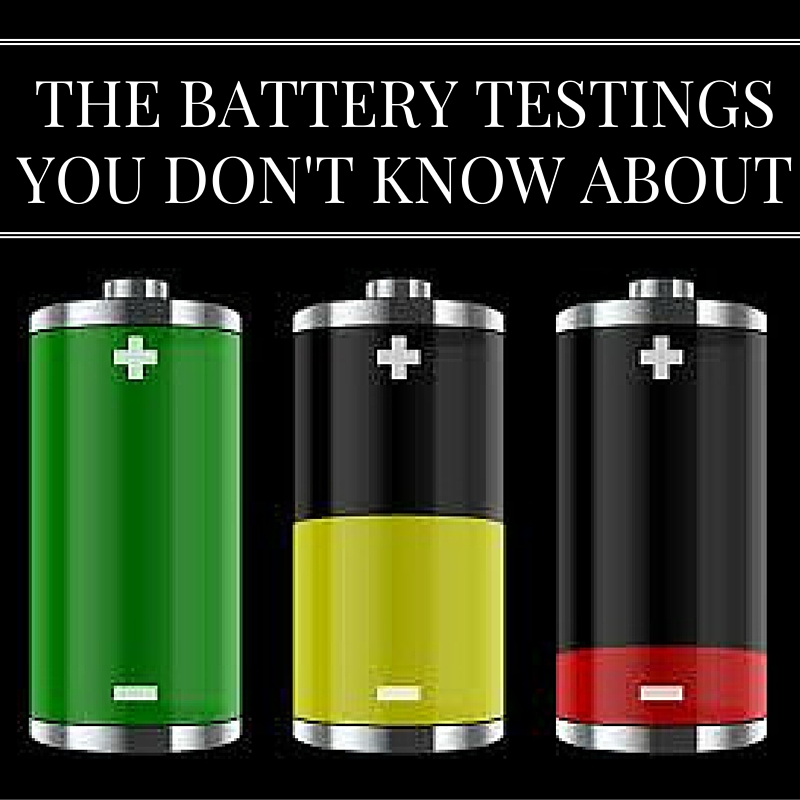BLOG
Three New Required Battery Tests
Friday October 2, 2015

Until recently, most batteries required testing that was government mandated in order for it to be imported into the country. The two standards for which ProTechnologies and other major battery pack manufacturers tested are UL and IEC standards. Both are similar, but one is the U.S standard and the other a European standard.
Now there are three new standards to pass. The three new standards are from Korea, India, and China. The major concern is that many don't know these new standards exist only to discover these requirements once their devices are held at customs overseas.
Often the purpose of these devices entering any of these countries is to continue their production however, if they weren't tested through each country's standards, they may prohibited from entering the country.
With time and money spent, and no further production being seen in the near future, many manufacturers, engineers and developers are stuck with hundreds of unfinished products in limbo.
Below is some information as to what each country states about their standards.
China
Lithium-ion cells and batteries are contained in most mobile powered devices including cell phones, laptops and digital cameras. All of which now must pass a series of complicated and strict tests (known as GB 31241-2014) to ensure that they are safe, and then they can be sold in the market. Compared with other rechargeable batteries, lithium-ion cells and batteries have advantages of higher voltage, higher energy density, pollution-free, fast charge, low self-discharge rate and so on.
Cells and batteries are the key components of all digital devices; they are not only related to the lifespan of the equipment but are also the key elements of its safety. Poor quality of lithium-ion cells and batteries will cause fire, explosion and other accidents, and also lead to people's property loss; serious accidents can endanger the safety of life.
According to MarketWatch "Some unqualified manufacturers or factories and their products will be eliminated, the reputation of corporate brand will emerge in the market, the consumers will more and more chase after the high quality and safety. In the future, we have reasons to believe that the brand concentration ratio will be enhanced in the market of Chinese lithium-ion cells and batteries."
Also, the testing must be done in a Chinese facility. No out of country testing complying with their standards will be issued.
India
The Bureau of Indian Standards (BIS) requires testing of portable cells and batteries under the Indian Standard IS16046. This standard was issued to curb infiltration and usage of non-compliant electronic goods.
BIS has made it mandatory for 30 product categories to comply with the applicable Indian safety standards and mandatory registration, before they are imported to, traded, distributed, or sold in India. Again all testing must occur on Indian soil.
Korea
Korea Certification mark signifies compliance with their electronic powered standard AC 50-1000V. KC Certification is only issued through Korea-based certification bodies that have been approved by the Korea Standards Association
Regular factory inspections and market surveillance that were once accepted are now required to verify continued compliance to be KC certificate before it can enter the country.
All three countries with new required certification regard it as a case of "consumer safety" but no evidence proves their standards are any higher or different than the long-standing Ic and EUI standards once accepted.
A main concern with these new certifications is that they can only be conducted within the countries that require them. Privacy and intellectual property may be at risk.
At ProTechnologies we want to spread the awareness of these new outside laws to prevent any U.S manufacturer from sending untested battery powered electronics overseas. We also hope to spark a conversation. Has anyone been able to comply with all these new standards which cost more, and what is being done to mitigate the threat of duplication? We would like to hear your experiences. If this information is new to you please share it.
0 Comments :
Contact Form
Latest Posts
- Mar 2020
- Get to Know PTI’s Custom Product Development Process Jan 2019
- A Successful 2018 at PTI Dec 2018
- A Spotlight on October’s Manufacturing Celebrations Oct 2018
- Rising Trends in the Medical Devices Industry Sep 2018

